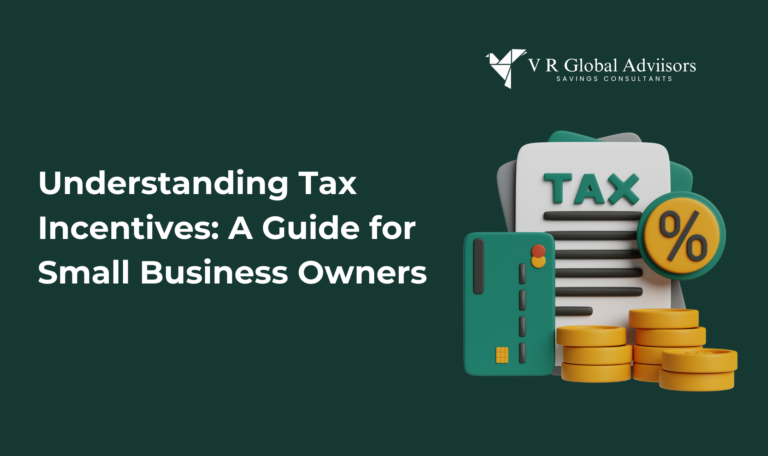Tax deductions can help businesses reduce their taxable income, but many small and medium-sized enterprises (SMEs) overlook important deductions they are eligible for. To ensure you’re not leaving money on the table, here’s a guide to maximizing your tax deductions. 1. Deduct Business Expenses Business-related expenses, such as office rent, utilities, supplies, and equipment purchases, can be deducted from your taxable income. Keep detailed records and receipts to claim all eligible deductions. 2. Home Office Deduction If you operate your business from home, you may qualify for the home office deduction. This deduction allows you to claim a portion of your home expenses, such as mortgage interest, utilities, and maintenance, based on the square footage of your office space. 3. Employee-Related Deductions Wages, benefits, and employee training costs are deductible expenses. If you offer healthcare or retirement benefits to employees, you can deduct these contributions, which can reduce your overall tax burden. 4. Travel and Meal Deductions Business-related travel and meals are deductible but come with strict requirements. Ensure that these expenses are necessary and directly related to business activities, and keep thorough documentation of the purpose of the trips or meetings. 5. Charitable Contributions Donations to qualifying charitable organizations can be deducted from your taxable income. Make sure to obtain written acknowledgments from the recipient organization and check that they are IRS-approved charities. Conclusion Maximizing your tax deductions is an essential part of managing your business finances. By staying informed about available deductions and working closely with a tax professional, you can reduce your tax liability and keep more of your hard-earned money.


